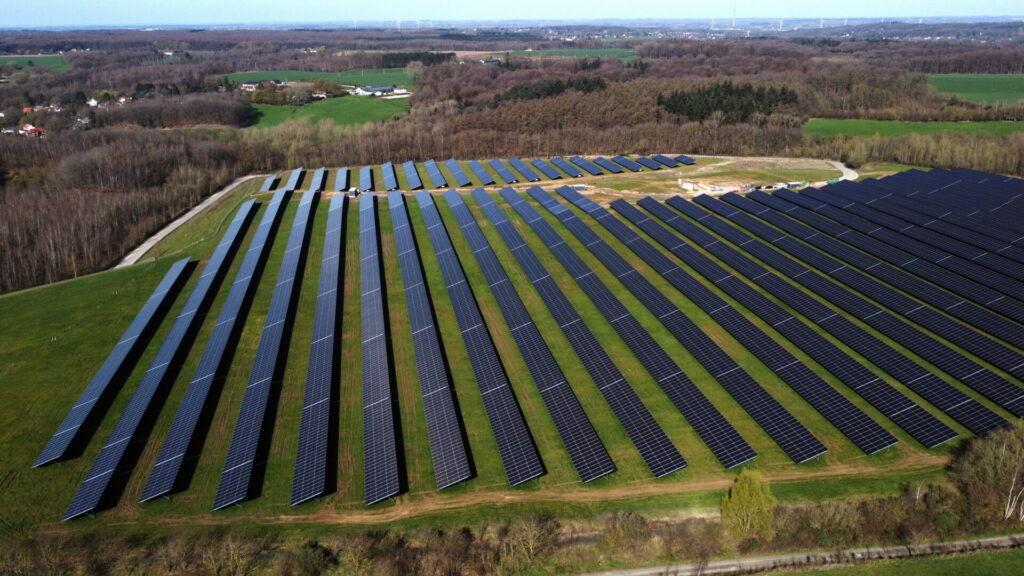Global investments in clean energy technologies are rising rapidly and are vastly outpacing fossil fuels, the International Energy Agency (IEA) reported on Thursday.
The latest World Energy Investment report by the IEA has shown how, out of the $2.8 trillion (€2.6 trillion) invested in energy this year around the world, a total of $1.7 trillion (€1.58 trillion) is being spent on so-called low-carbon technologies – including renewables, nuclear power, electric vehicles and heat pumps.
“Clean energy is moving fast, faster than many people realise. This is clear in the investment trends, where clean technologies are pulling away from fossil fuels,” said IEA Executive Director Fatih Birol.
Slightly more than $1 trillion (€931 billion) is going to coal, gas and oil, the report showed. “For every dollar invested in fossil fuels, about $1.7 are now going into clean energy. Five years ago, this ratio was one-to-one," Birol noted.
Solar power eclipsing oil
Annual clean energy investment is expected to rise by 24% between 2021 and 2023. Periods of strong economic growth and volatile fossil fuel prices (also driven by the Russian invasion of Ukraine) lead to heightened energy security concerns, which drove clean energy investments. Whereas over the same period, fossil fuel investment rose by only 15%.
Investment in solar power is the most noteworthy trend. More than one billion dollars has flown into the sector every day this year, accounting for $380 billion (€354 billion) annually. "This is the first time more money is going to solar energy than to the oil sector ($370 billion)," the report stated.
However, the IEA did warn that more than 90% of this increase comes from high-income countries including China, while investment in many other countries is being held back by higher interest rates and unclear policy frameworks, among other things.
"This presents a serious risk of new dividing lines in global energy if clean energy transitions don’t pick up elsewhere. Much more needs to be done by the international community, especially to drive investment in lower-income economies, where the private sector has been reluctant to venture."
Related News
- Belgian receives energy bill of over €1 million
- Prime Minister De Croo wants EU environmental standards put on pause
The IEA added that investment in the oil and gas industry has still risen by 7%, which the agency argued is "moving the world further away from the goal of achieving net zero emissions by 2050," while the oil and gas industry’s capital spending on low-emissions alternatives has barely risen since last year.


